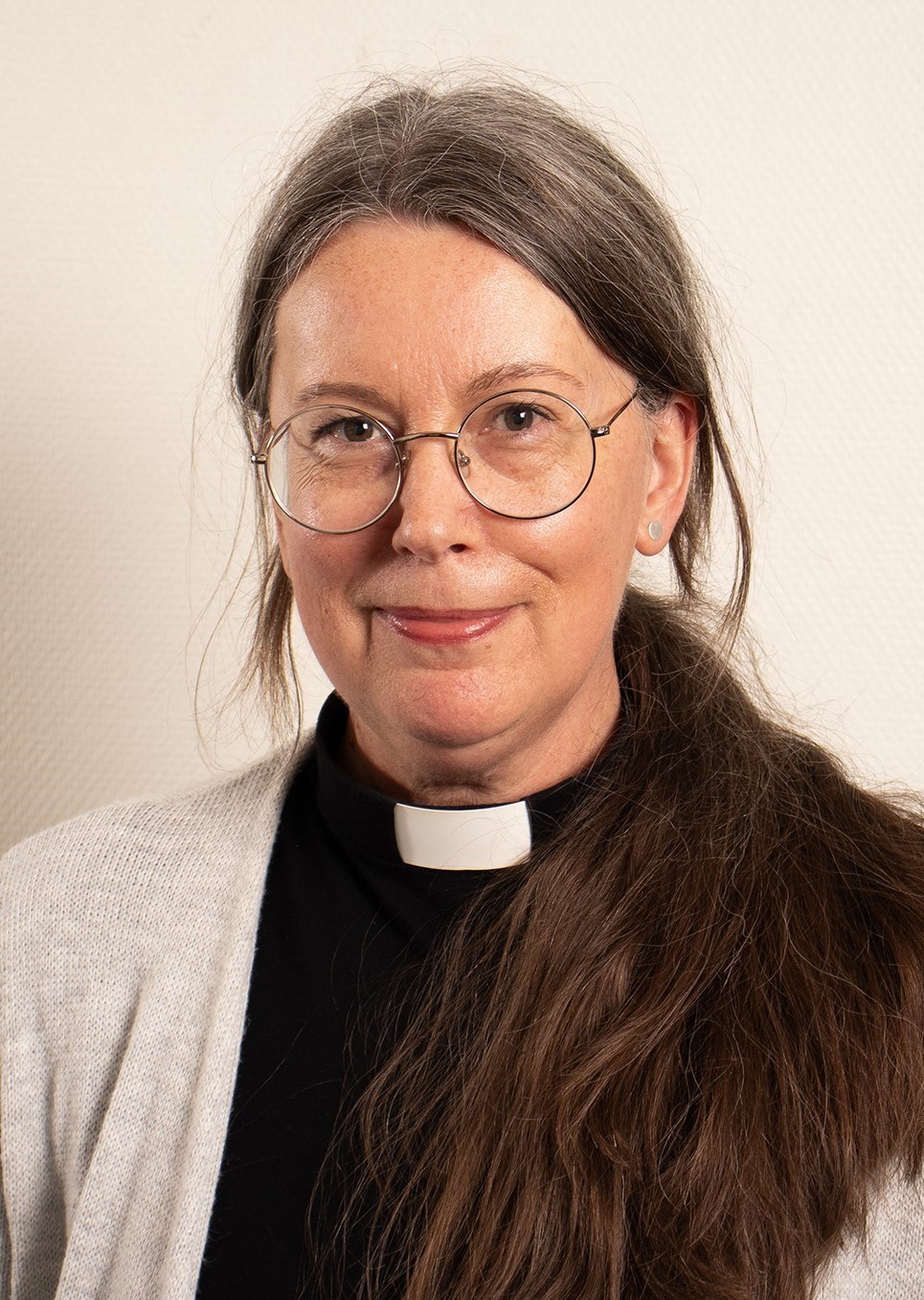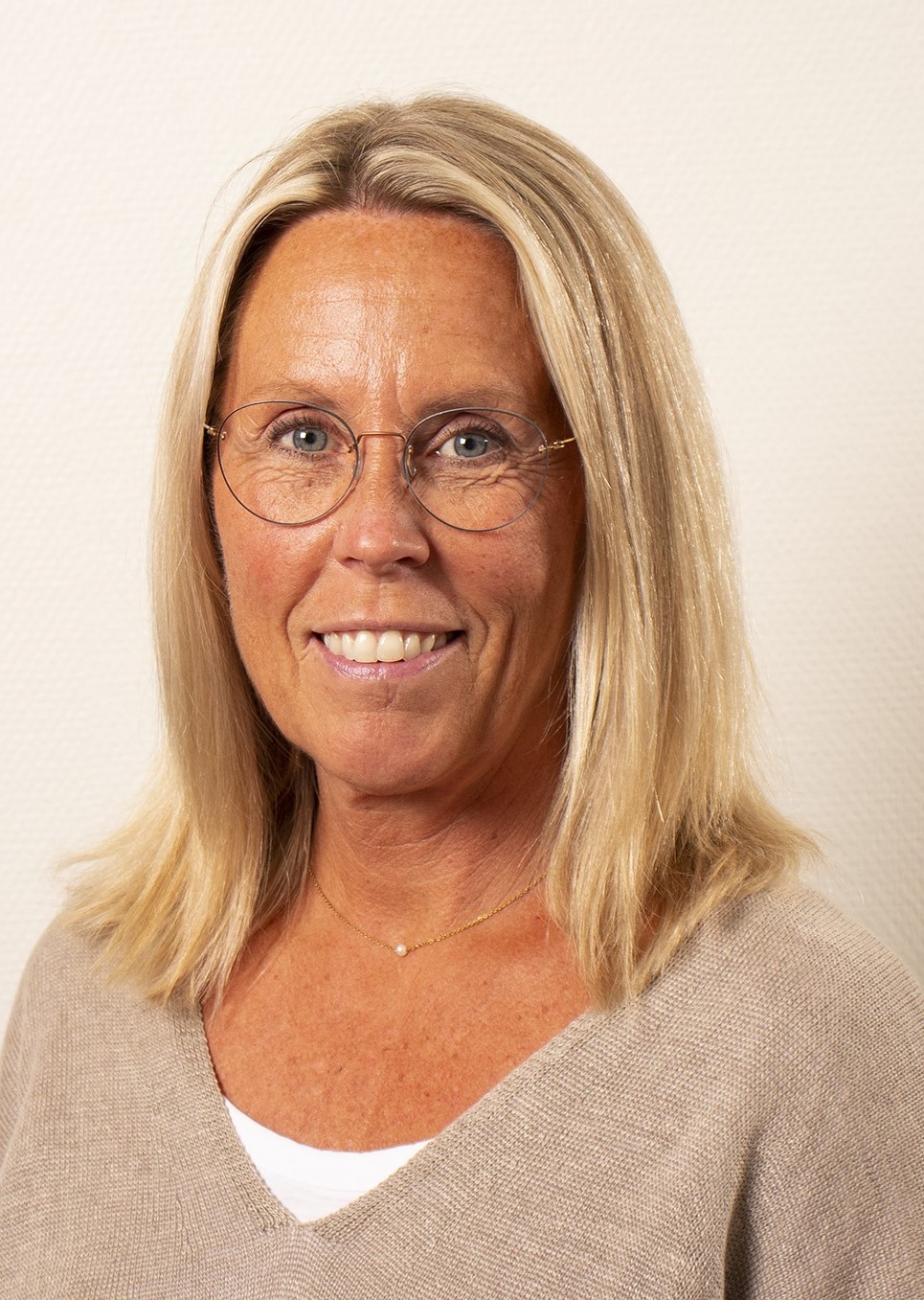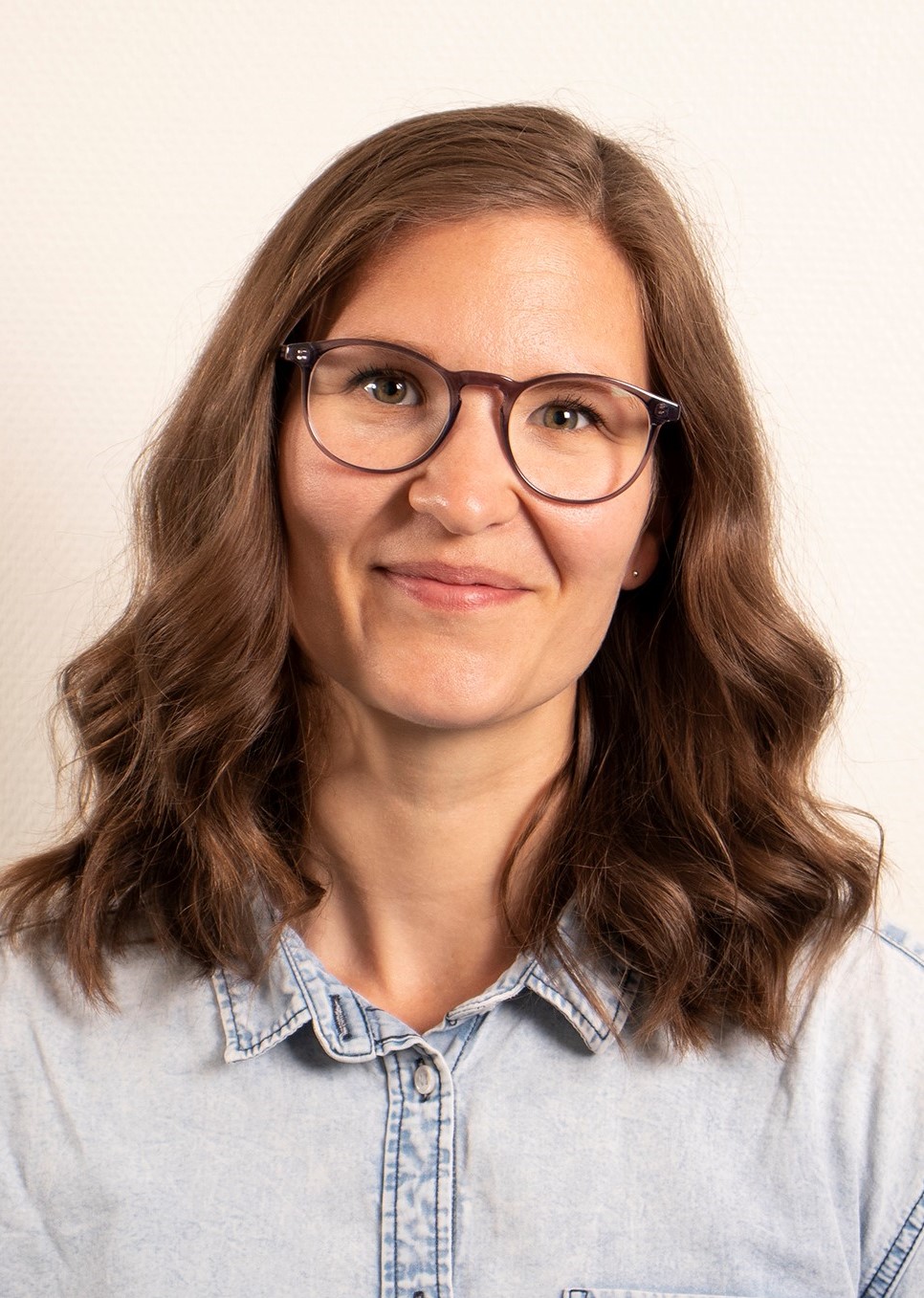Book supportive counselling
You are always welcome to contact us, no matter how big or small your concern might be. Together, we can assess your need for support and help you manage your thoughts and feelings.
You can use our online booking system to book counselling on Campus Falun, on Zoom or by phone. In the electronic form, you can indicate whom you would like to book an appointment with or choose to see all available times:
Book supportive counselling using our online booking service
If you want to book a time on Campus Borlänge, email kurator@du.se or hogskoleprast@du.se.
Please remember not to include any sensitive information when you contact us. You can also reach us through the switchboard at 023-77 80 00. We may be able to organise a time at short notice.
If you have booked an appointment on Campus Falun, we will meet outside the door to Studentservice across from the reception and close to the main entrance to Ljusgården. For appointments on Campus Borlänge, take the central stairs “Kunskapstrappan” to the 3rd floor. Go to the staff corridor on the right side (next to room B310), and we will let you in!
Note: If it appears you have not received a booking confirmation by email, please check your spam folder.
Our team
Student Health Services counsellors have extensive experience from working with people. We have encountered most situations relating to well-being, diagnoses, and life’s challenges. When we meet students, we may deal with everything from apparently minor issues to more difficult ones. Your problem does not need to be defined; sometimes, you just need to share your thoughts. No issue is either too big or too small. You can contact any of us no matter what you are experiencing. We place great importance on creating a safe environment, and we are all dedicated and approachable.
Maria Möhring (unavailable at the moment)
Student Counsellor and Health Counsellor
I have a degree in behavioural science and training in motivational interviewing and coaching. I have a strong interest in self-compassion, that is, how we can be kinder to ourselves, and also how we can use our body and movement to manage and counteract stress.
Email: kurator@du.se
Phone: 023-77 80 00
More information: du.se/counselling
Alina Hurnasti
Student Counsellor
I have a degree in social work and basic psychotherapy training. Before joining Student Health Services, I worked with various forms of therapy/treatment for young people, adults, and families. I use several approaches and place great emphasis on adapting the content, pace, and focus of the conversation to each individual.
Email: kurator@du.se
Phone: 023-77 80 00
More information: du.se/counselling
 Camilla Vallhagen
Camilla Vallhagen
University Chaplain
I am a chaplain and have basic psychotherapy training. Throughout life, I have worked with counselling, including within hospital chaplaincy and at a detention centre. I have also worked a great deal with therapeutic writing and have an interest in mindfulness and self-compassion and how it can help us feel better.
Email: hogskoleprast@du.se
Phone: 023-77 80 00
More information: du.se/university-chaplain
Why is it so hard to ask for help?
Why are many of us afraid to seek help through counselling? Perhaps we have an incorrect notion of what it involves and perhaps it is the first time we are considering counselling.
Here are some tips from us at Student Health Services:
- Counselling is not just for people who have been diagnosed or who are struggling with mental illness. It can be helpful even if you simply feel the need to talk to someone. It can be useful to everyone.
- Be kind to yourself. Asking for help is not a sign of weakness; rather, it is a sign of strength. It means you are taking charge of your life story and prioritising yourself. It requires courage and is something to be proud of.
- Be open to your experience and how it feels. When seeking support, it is important that you feel comfortable with the person you meet.
- Consider whether you want to meet at the university or if you prefer to talk on Zoom or by phone. It is important to choose what you think suits you best, and remember, you can always change your mind.
- It may seem intimidating to try counselling with someone you have never met before. You can initiate contact with a text message, by email, or by phone. This is a way for you to begin processing your feelings while getting to know the person you will be talking to.
- Do not give up if it doesn’t feel quite right. Who we click with is personal and sometimes you may need to try to talk to someone else. It makes a big difference when you find someone who feels right for you. Do not hesitate to ask to talk to someone else within the counselling team. We also want to stress that even after your counselling is over, you are always welcome to contact us again.

